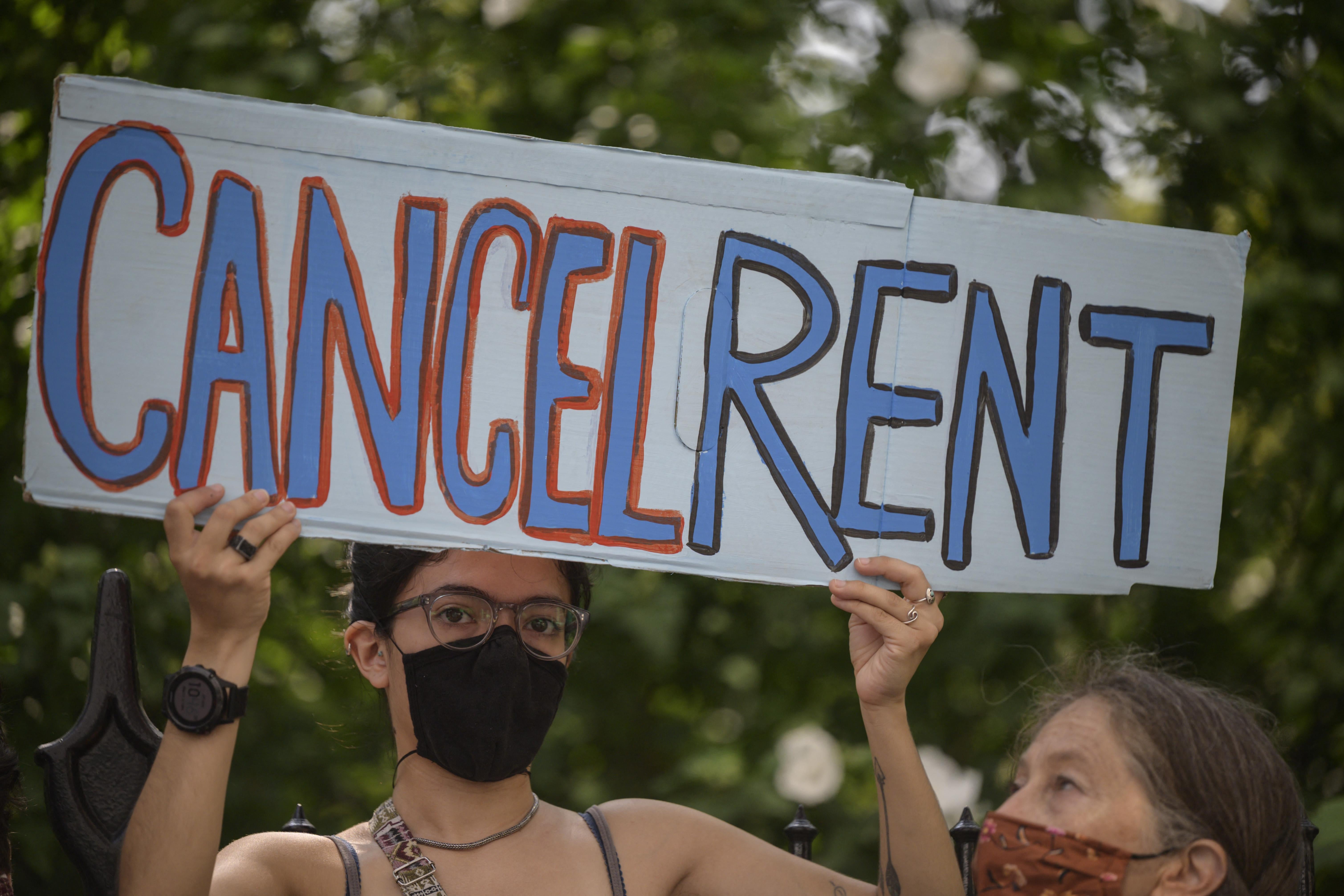The Supreme Court struck down the pandemic-era national eviction moratorium Thursday declaring the latest extension to the Centers for Disease Control and Prevention policy unlawful because the agency lacks the authority to order the eviction ban. The moratorium’s days appeared numbered despite a CDC extension to the policy on Aug. 3 that was set to run until Oct. 3. A coalition of landlord and real estate industry groups in Alabama and Georgia filed suit contesting the moratorium that was aimed at protecting renters from losing their homes because of rent arrears accumulated during Covid-19 shutdowns. Lower courts had already ruled against the moratorium, but the most recent decision was stayed by the judge, allowing the administration to appeal.
The Supreme Court however lifted the stay on the lower court ruling with each of the Court’s three liberal justices in dissent. “It is indisputable that the public has a strong interest in combating the spread of the COVID-19 Delta variant,” the majority’s opinion said. “But our system does not permit agencies to act unlawfully even in pursuit of desirable ends. . . . It is up to Congress, not the CDC, to decide whether the public interest merits further action here.” The precise legal issue at play was the interpretation of the Public Health Service Act, which gives the CDC the authority to “make and enforce such regulations . . . necessary to prevent the introduction, transmission, or spread of communicable diseases.” The Supreme Court agreed with lower courts that a ban on evictions was an overstep. “It strains credulity to believe that this statute grants the CDC the sweeping authority that it asserts,” Thursday’s ruling said.
The Supreme Court had allowed a previous version of the moratorium to remain in place, though indicated that any further extension of the policy would require an act of Congress. The first eviction moratorium was passed by Congress in the early days of the pandemic, but when it expired then-President Donald Trump ordered the CDC to impose a similar eviction ban, which was then extended several times. The Biden administration suspected that without congressional approval this latest extension was unlikely to stand up to legal attacks, but Biden told reporters at the time that it might buy renters a bit more time. “I went ahead and did it,” Biden said. “But here’s the deal: I can’t guarantee you the court won’t rule [that] we don’t have that authority. But at least we’ll have the ability, if we have to appeal, to keep this going for a month at least—I hope longer than that.”
Thursday’s decision “puts hundreds of thousands of tenants at risk of losing shelter, while the administration struggles to speed the flow of billions of dollars in federal funding to people who are behind in rent because of the coronavirus pandemic and its associated economic hardship,” the New York Times notes. “Only about $5.1 billion of the $46.5 billion in aid had been disbursed by the end of July, according to figures released on Wednesday, as bureaucratic delays at the state and local levels snarled payouts.”

